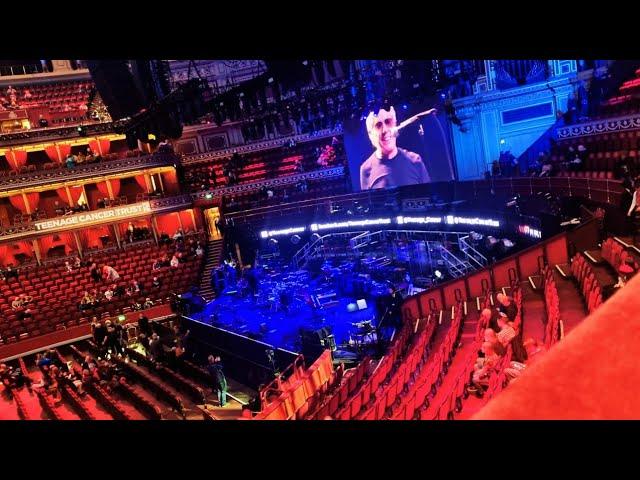Exploring the Significance of Royal Albert Hall

Introduction
Royal Albert Hall, one of London’s most iconic venues, has stood as a hallmark of cultural excellence since its opening in 1871. This remarkable structure not only serves as a concert hall but also embodies the rich artistic heritage of the United Kingdom. With a seating capacity of over 5,000 and a diverse calendar of events, it has hosted an array of performances ranging from classical music to contemporary rock concerts, making it a vital part of London’s cultural landscape.
A Historical Overview
Commissioned by Prince Albert and opened by Queen Victoria, the hall was designed with the aim of promoting the arts and sciences. Initially focused on hosting the prestigious Imperial Institute’s exhibitions, it gradually evolved into a prime venue for classical music events, featuring the likes of prominent orchestras and soloists. In 1941, during the Blitz, the Hall sustained damage but remained a symbol of resilience, continuing to serve as a performance space amidst the ravages of war.
Current Events and Performances
Today, Royal Albert Hall is an active hub for a variety of performances, including the annual BBC Proms—a world-famous classical music festival that attracts audiences globally. Additionally, the Hall hosts rock concerts, cinema screenings, and charity events, showcasing its versatility and commitment to accessibility. In recent times, events have included performances by legendary bands and orchestras, as well as innovative uses of its space like immersive art installations.
The Impact of the Hall
Royal Albert Hall’s influence extends beyond its stage. It serves as a gathering point for cultural exchange and celebration in London. Its architectural magnificence allows it to be a backdrop for special occasions, including premieres and awards ceremonies. Neighbouring the splendid Kensington Gardens, it also attracts thousands of tourists who come to marvel at its grandeur and participate in its rich culture.
Conclusion
As Royal Albert Hall approaches its 153rd anniversary, its relevance in the cultural sphere continues to grow. The Hall’s commitment to diverse programming and engagement with the community positions it as a focal point for artistic expression. Moving forward, the anticipation of how it continues to adapt to the evolving landscape of the performing arts will be keenly observed by both local and international audiences. With ongoing efforts to enhance accessibility and innovation, Royal Albert Hall remains an unmissable landmark for anyone wishing to experience the vibrancy of the UK’s cultural heritage.
